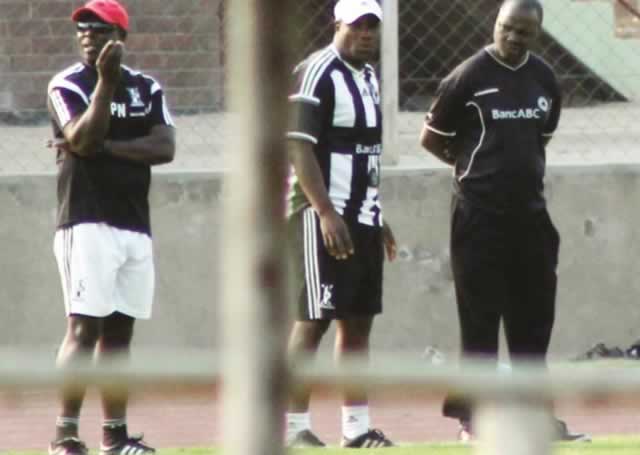Clinton, aides aware of e-mail secrecy issues

Washington — Hillary Clinton and her aides at the US State Department were acutely aware of the need to protect sensitive information when discussing international affairs over e-mail and other forms of unsecure electronic communication, according to the latest batch of messages released by the agency from Clinton’s tenure as secretary of state.
The State Department made public roughly 7,121 pages of Clinton’s e-mails late on Monday night, including 125 emails that were censored prior to their release because they contain information now deemed classified. The vast majority concerned mundane matters of daily life at any workplace: phone messages, relays of schedules and forwards of news articles.
But in a few of the e-mails, Clinton and her aides noted the constraints of discussing sensitive subjects when working outside of the government’s secure messaging systems – and the need to protect such information.
Experts in US government secrecy law see almost no possibility of criminal action against Clinton, the frontrunner for the Democratic presidential nomination, or her top aides in connection with now-classified information sent over unsecure e-mail while she was secretary of state, based on the public evidence thus far. But the controversy over her private e-mail server has been a distraction for her presidential campaign. Of particular concern are polls in key swing states showing that growing numbers of voters see Clinton as untrustworthy which could make her vulnerable in the general election should she win the Democratic nomination.
The e-mail conversations with Clinton took place via her private e-mail account, highlighting the challenge the front-runner for the Democratic presidential nomination faces as she struggles to explain her decision to set-up a private e-mail server at her New York home. She now says her decision to use a personal e-mail account to conduct government business was a mistake.
The increasing amounts of blacked-out information from Clinton’s e-mail history as secretary of state will surely prompt additional questions about her handling of government secrets while in office and that of her most trusted advisors.
The Democratic presidential front-runner now says her use of a home email server for government business was a mistake, and government inspectors have pointed to exchanges that never should have been sent via unsecured channels. In the latest batch of released communications, senior advisor Alec Ross wrote in a February e-mail intended for Clinton, cited frustration with “the boundaries of unclassified email” in a message about an unspecified country, which Ross referred to as “the country we discussed.”
The e-mail appears to focus on civil unrest in Iran during the period preceding the Green Movement, when Iranian protesters used social media and the internet to unsuccessfully challenge the re-election of then-President Mahmoud Ahmadinejad. In an exchange from February 6, 2010, Clinton asks aide Huma Abedin for talking points for a call she’s about to have with the newly appointed foreign minister of Ecuador. “You are congratulating him on becoming foreign minister, and purpose is to establish a personal relationship with him,” Abedin replied. “Trying to get u call sheet, its classified . . .”
In another email from January 2010, Clinton aide Cheryl Mills responds angrily to a New York Times story based on leaked classified cables sent by Karl Eikenberry, the US ambassador to Afghanistan. “The leaking of classified material is a breach not only of trust, it is also a breach of the law,” Mills wrote.
Clinton also expressed frustration with the State Department’s treatment of certain ordinary documents as classified. After an aide noted the draft of innocuous remarks about the Israeli-Palestinian conflict was on the State Department’s classified messaging system, she responded, “It’s a public statement! Just e-mail it.” — AFP











Comments